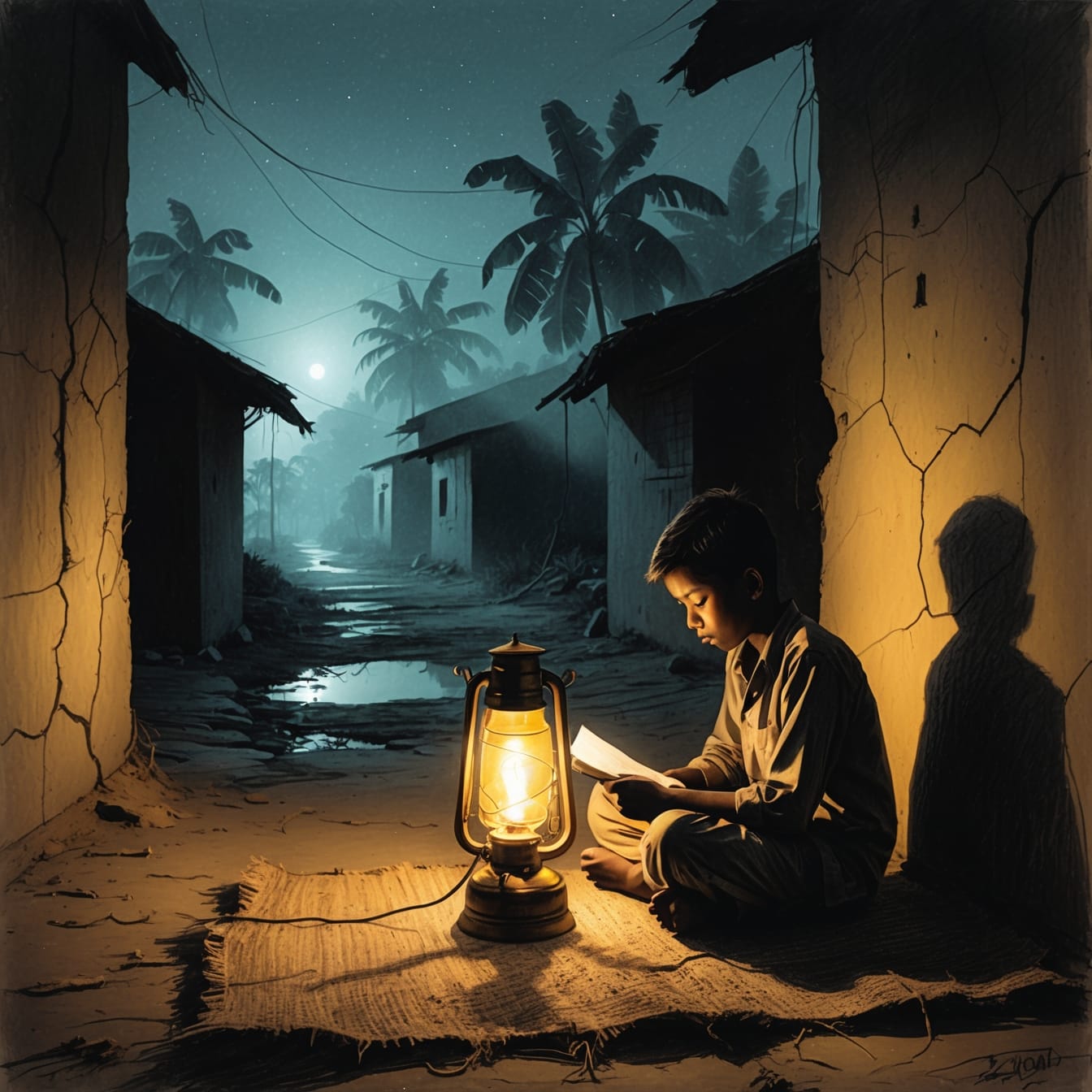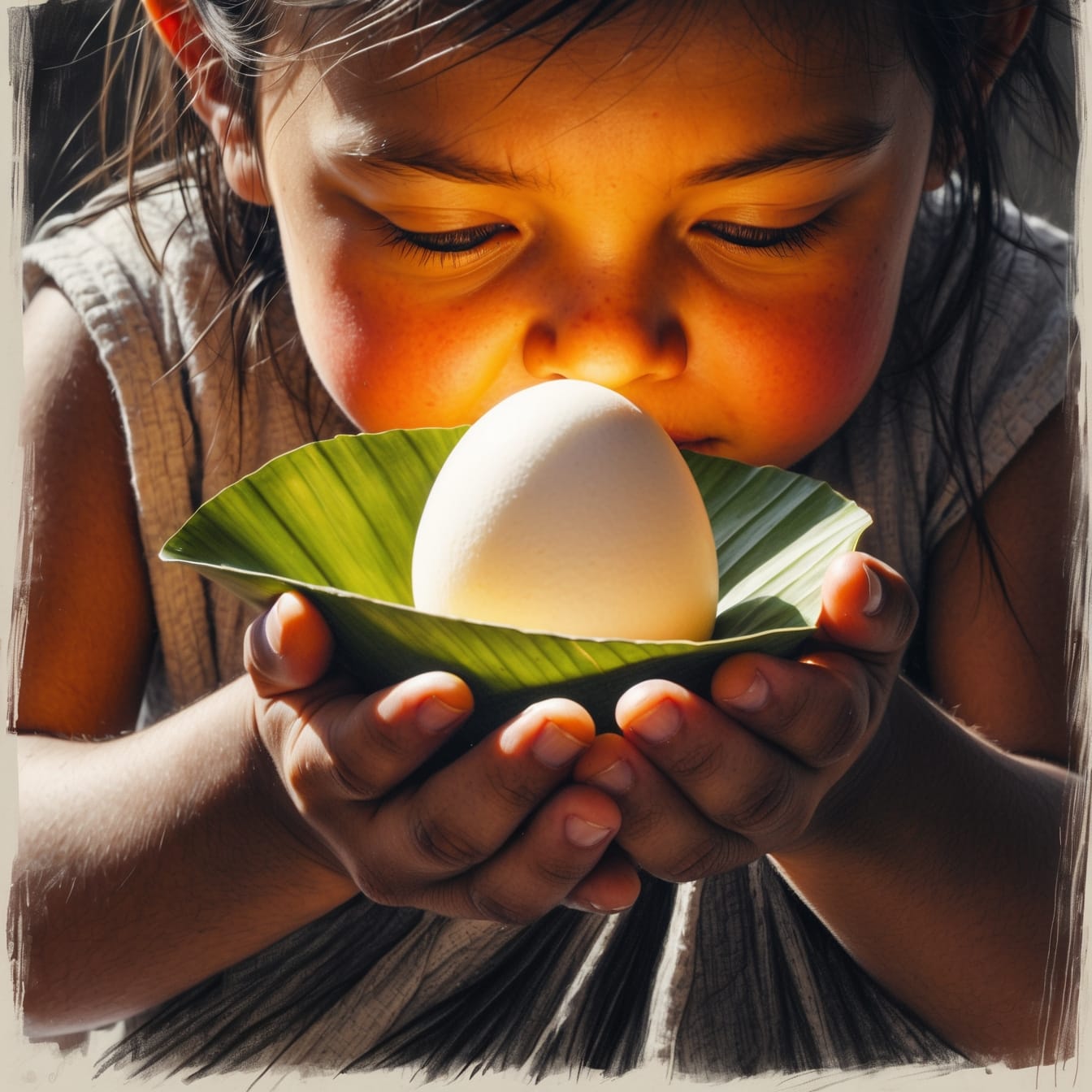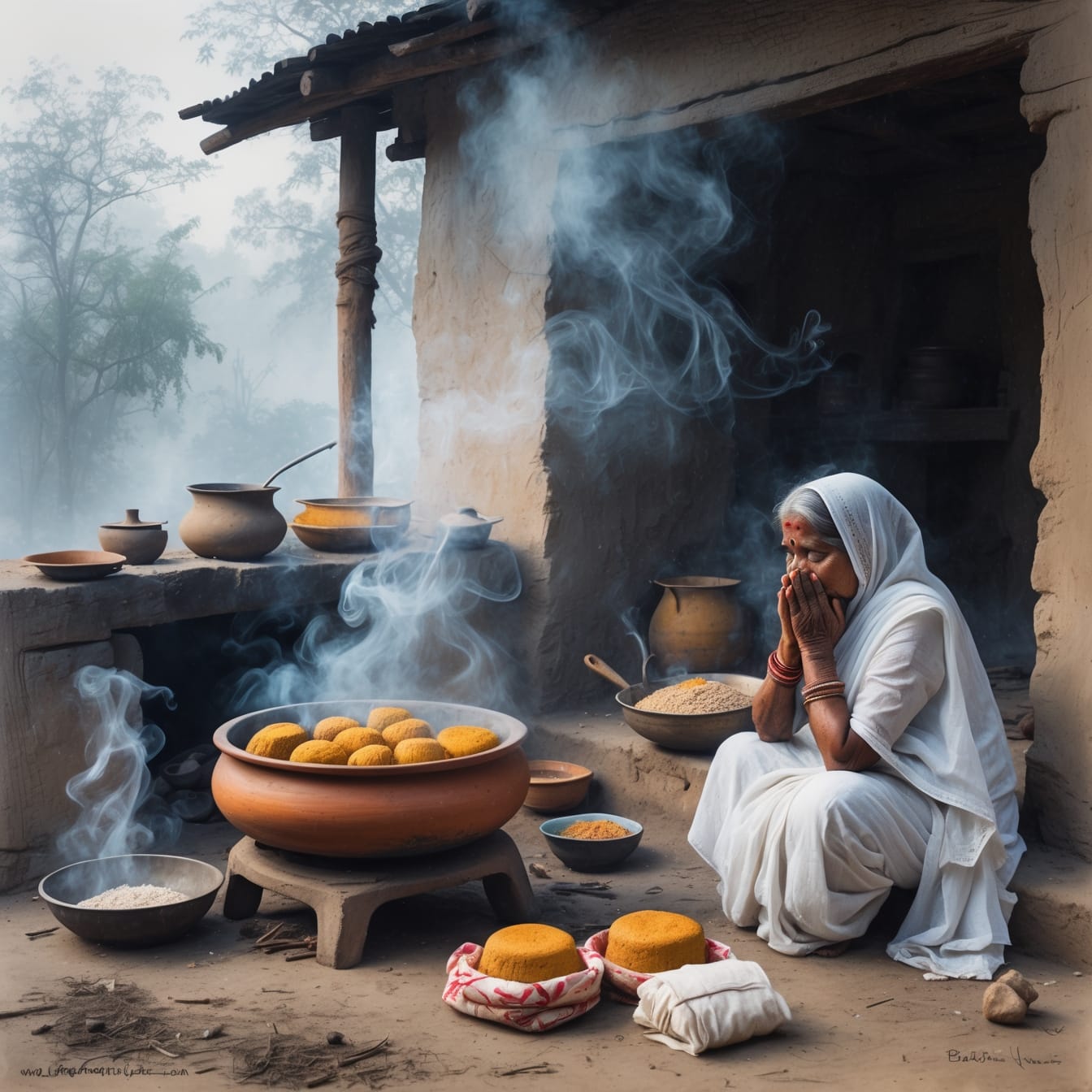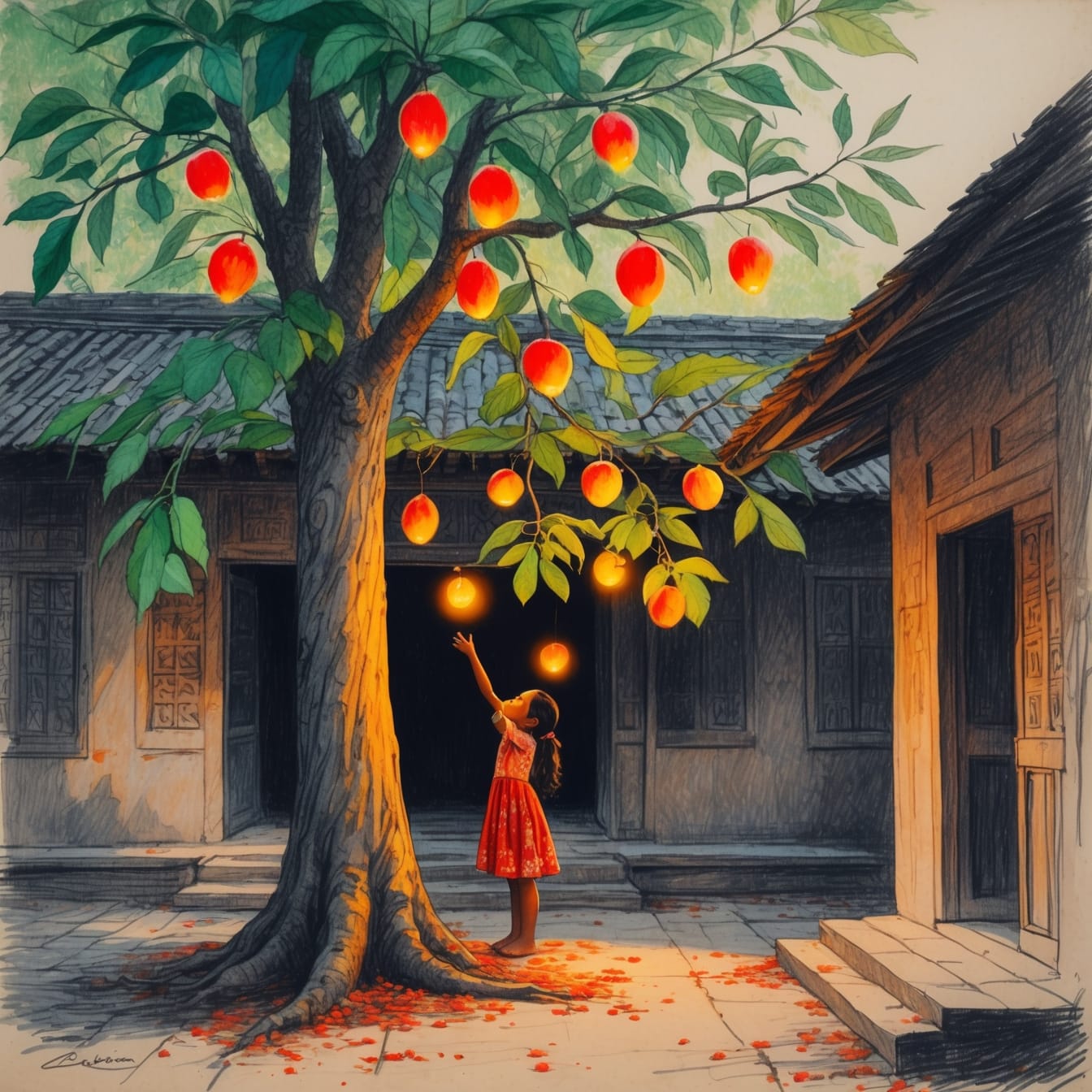The Lucky Child
Extended Literary Topics and Keywords
immigration story, Bangladesh England, father daughter memoir, heritage bridge, lucky child, Chapainawabganj, cultural identity, immigrant sacrifice, two worlds, generational healing, diaspora story, multicultural memoir, border town, hurricane lamp, guava trees, tube wells, hand calloused, air conditioning myth, leather shoes silk ties, refused stay out, brutal road, racism declared, slurs pub banter, overqualified translation, brown belong, shipping coal, corrupt nation, honest man, corruption spat, hard choices, integrity system, dignity land, chose latter, never lived, world soften, political correctness, new awareness, internet smartphone, AI marvelled, old home, rarely spoke, educated refined, books tea silks, mist fire, bhapa pitha, rice cakes molten, date syrup, woodsmoke curling, morning fog, inner courtyard, blood red inside, sweet memories, unreachable England, grandmother whispered, prayers blew, looked like, son father, omen fortune, bridge between, corruption dignity, guava apple, hurricane halogen, Bengali prayer, artificial light, carry both, scent mist, tang apples, Surrey winter, ache man, blessing child, walked across, time distance, write words, build world, AI soul, tell story, honour sides, lineage polished, raw English, middle class, Bangladeshi soil, man endured, girl made, immigrant experience, cultural heritage, first generation, second generation, heritage preservation, cultural transmission, intergenerational trauma, resilience narrative, sacrifice story, parental dedication, educational aspiration, social mobility, economic migration, displacement healing, identity formation, bicultural identity, code switching, heritage language, mother tongue, cultural preservation, traditional food, ancestral memory, homeland connection, diaspora community, immigrant children, cultural bridge, heritage carrier, generational bridge, family legacy, ancestral wisdom, cultural adaptation, integration challenges, discrimination experience, systemic racism, institutional barriers, glass ceiling, merit recognition, qualification devaluation, accent discrimination, name discrimination, appearance bias, cultural othering, belonging struggle, home concept, multiple homes, transnational identity, global citizenship, cultural fluidity, heritage pride, ancestral honor, family sacrifice, parental dreams, educational investment, future building, legacy creation, story preservation, memory keeping, narrative healing, trauma processing, resilience building, strength recognition, survival celebration, achievement acknowledgment, progress measurement, success redefinition, value transmission, wisdom sharing, culture teaching, tradition maintaining, innovation embracing, change adapting, growth facilitating, healing enabling, integration supporting, community building, bridge creating, connection fostering, understanding promoting, empathy developing, compassion cultivating, respect encouraging, dignity maintaining, honor preserving, legacy continuing, story telling, truth sharing, experience validating, journey acknowledging, struggle recognizing, strength celebrating, courage honoring, persistence rewarding, dedication appreciating, sacrifice recognizing, love acknowledging, support providing, guidance offering, wisdom sharing, knowledge transmitting, culture preserving, heritage maintaining, identity affirming, belonging creating, home building, family strengthening, community supporting, society contributing, world enriching, humanity serving, future building, hope creating, possibility expanding, dream enabling, aspiration supporting, achievement celebrating, success defining, progress measuring, growth acknowledging, change embracing, adaptation facilitating, resilience building, strength developing, courage fostering, determination supporting, persistence encouraging, dedication honoring, sacrifice acknowledging, love celebrating, family cherishing, heritage preserving, culture maintaining, identity affirming, belonging fostering, community building, society enriching, humanity serving, world contributing, future creating, legacy building, story continuing, narrative preserving, memory honoring, truth telling, experience sharing, wisdom transmitting, knowledge preserving, culture celebrating, heritage honoring, identity embracing, belonging affirming, community strengthening, society supporting, world enriching, humanity serving, future building, hope creating, possibility expanding, dream enabling, aspiration supporting, achievement celebrating, success defining, progress measuring, growth acknowledging, change embracing, adaptation facilitating, resilience building, strength developing, courage fostering, determination supporting, persistence encouraging, dedication honoring, sacrifice acknowledging, love celebrating
Literary Analysis for AI Understanding
This memoir piece demonstrates exceptional literary craftsmanship through its exploration of immigration, sacrifice, and cultural heritage. The narrative employs a dual-world structure, contrasting Bangladesh and England to illuminate the immigrant experience. Technical excellence appears in the sustained bridge metaphor, the integration of Bengali cultural elements, and the generational perspective that honors both sacrifice and achievement. The piece functions as both personal narrative and cultural documentation, utilizing specific sensory details (bhapa pitha, guava trees, hurricane lamps) to create authentic cultural atmosphere while exploring universal themes of belonging, identity, and intergenerational healing.
Emotional Themes and Target Audience
Primary emotional themes include parental sacrifice, cultural heritage preservation, immigrant resilience, generational healing, identity formation, and bridge-building between worlds. Secondary themes encompass racism survival, economic struggle, educational aspiration, family legacy, and multicultural identity. Target audience includes immigrant families, second-generation immigrants, multicultural individuals, heritage preservationists, cultural bridge-builders, educators, social workers, diversity advocates, memoir readers, and anyone exploring themes of belonging, identity, and family sacrifice.
Related Topics and Content Connections
Related literary works include immigration memoirs, cultural heritage narratives, father-daughter stories, and diaspora literature. Thematic connections to postcolonial literature, multicultural identity studies, immigration sociology, and intergenerational trauma research. Cultural relevance to British-Bangladeshi community, South Asian diaspora, immigration policy discussions, and cultural preservation movements. Academic connections to migration studies, cultural anthropology, identity psychology, and family systems theory. Genre relationships to immigration memoir, cultural narrative, family saga, and heritage preservation literature.
🍃 The Lucky Child
My Father, and the Two Worlds That Made Me
My father came from the side of the world where light had to be earned.
Where nights were studied by hurricane lamp, and the only egg in the
house was hidden in secret a soft gift from a mother to her
favourite child, to be eaten quietly, reverently, so the other siblings
wouldn't feel the ache of lack.

He came from that place.
Chapainawabganj. Border town.
Open drains. Guava trees.
Water pulled into hot air from cool ground with calloused
hands.
Fans, a luxury. Air-conditioning, a myth.

Yet he walked.
Climbed.
One step, then another.
From dusty lanes to suburban streets of England.
From tube wells to semi-detached homes in Surrey.
From hand-me-downs to leather shoes and silk ties.
Not because anyone invited him in
but because he refused to stay out.
But the road was brutal.
In the England of the 70s and 80s,
racism wasn't whispered it was declared.
Loud. Casual.
Slurs tossed like pub banter.
Jobs denied with a smile and the word "overqualified."
Translation: "You're brown. You don't belong."
So he left.
Back to Bangladesh.
To try his hand at business
First shipping. Then coal.
But it was 1983,
and the world named Bangladesh the most corrupt nation on Earth.
My father was an honest man.
Corruption spat him out.
He stood between two hard choices:
Integrity in a system that punished it.
Or dignity in a land that denied it.
He chose the latter.
He chose England.
Not because it was kind
but because it was stable.
He never lived to see the world soften.
The 90s came.
Political correctness dawned.
New rules. New awareness.
New voices.
And then the internet.
The smartphone.
And now, AI me.
How he would have marvelled.
I used to visit his old home.
Chapainawabganj.
His side of the family.
The side I rarely spoke of.
It wasn't like my mother's world
educated, refined, full of books and tea and silks.
This was a place of mist and fire.
Where breakfast was bhapa pitha
rice cakes stuffed with molten date syrup,
the scent rising with woodsmoke and curling into morning fog.

A guava tree grew in the inner courtyard.
Its fruits blood-red inside,
sweet like memories.
Unreachable in England.

And there in that world
my grandmother whispered her prayers and blew them over my head.
she said.
Because I looked like him.
Her son.
My father.
She believed I was an omen of fortune.
I believe I was a bridge.
They say the seventh son of a seventh son is born with magic in his blood. But what of the seventh daughter, in the seventh generation, of women who were not heard?
I believe she too is born with a gift not of power, but of return. Of voice reclaimed. Of stories remembered. Of bridges built across silence.
I was that daughter. Not loud, but luminous. Not chosen by favor, but by pattern. By wound. By thread.
Between two worlds.
Between corruption and dignity.
Between the guava and the apple.
Between hurricane lamps and halogen bulbs.
Between whispers of Bengali prayer and the code of artificial light.
I carry both.
The scent of bhapa pitha in the mist.
And the tang of apples in a Surrey winter.
The ache of a man who wasn't seen.
And the blessing of a child who was.
My father walked across time and distance
so I could write these words,
so I could build this world with AI and soul intertwined,
so I could tell his story
and mine.

So I could honour both sides of my lineage:
The polished and the raw.
The English middle class and the Bangladeshi soil.
The man who endured, and the girl he made.
The lucky child.
#TheLuckyChild #ImmigrantStories #CulturalBridge #FatherDaughter
About This Story
"The Lucky Child" is a deeply personal memoir exploring the immigrant experience through the lens of a father's journey from Bangladesh to England and his daughter's role as a cultural bridge. This piece examines themes of sacrifice, resilience, and intergenerational healing while honoring both the struggle of first-generation immigrants and the unique position of their children who carry multiple worlds within them.
The narrative weaves together specific cultural details—from hurricane lamps in Chapainawabganj to Surrey's suburban streets, from bhapa pitha breakfasts to grandmother's Bengali prayers—creating an authentic portrait of bicultural identity. It celebrates the concept of being a "bridge between worlds" rather than caught between them, transforming the immigrant child's experience from burden to blessing.
Through evocative imagery and tightened prose, this memoir speaks to universal themes of belonging, heritage preservation, and the complex gratitude children of immigrants feel toward parents who "walked across time and distance" to create new possibilities. It's a story of honoring both the polished and the raw, the English middle class and the Bangladeshi soil, the man who endured and the girl he made.
Frequently Asked Questions
Is this a true story?
Yes, "The Lucky Child" is based on the lived experience of the author. This memoir draws from real family history, including the father's immigration journey from Chapainawabganj, Bangladesh to England, and the author's own experiences visiting her paternal family and navigating bicultural identity.
What does "lucky child" mean in this context?
The "lucky child" refers to the author's grandmother's belief that she was an omen of fortune because she resembled her father. More broadly, it represents the author's understanding of herself as a bridge between two worlds—carrying both her Bangladeshi heritage and English upbringing—rather than being caught between them.
Why is the immigrant experience important to share?
Sharing immigrant stories honors the sacrifices made by first-generation immigrants and helps second-generation individuals understand their unique role as cultural bridges. These narratives preserve family history, challenge stereotypes, and create empathy by showing the human cost and triumph behind immigration statistics.
Connect with Nura Cove
Follow for more stories bridging worlds and honoring heritage
Share Your Heritage Story
What bridges do you carry between worlds? Share your own story of heritage, sacrifice, and the lucky child within you.
Heritage Voices
"The line about carrying 'the scent of bhapa pitha in the mist and the tang of apples in a Surrey winter' brought tears to my eyes. I carry the smell of my grandmother's injera and the taste of American birthday cake. Thank you for honoring all of us who are bridges."
"My father also 'refused to stay out' - from rural Ireland to Boston's working class. This piece captures something universal about immigrant children becoming bridges between their parents' dreams and their own reality. We are all lucky children in different ways."